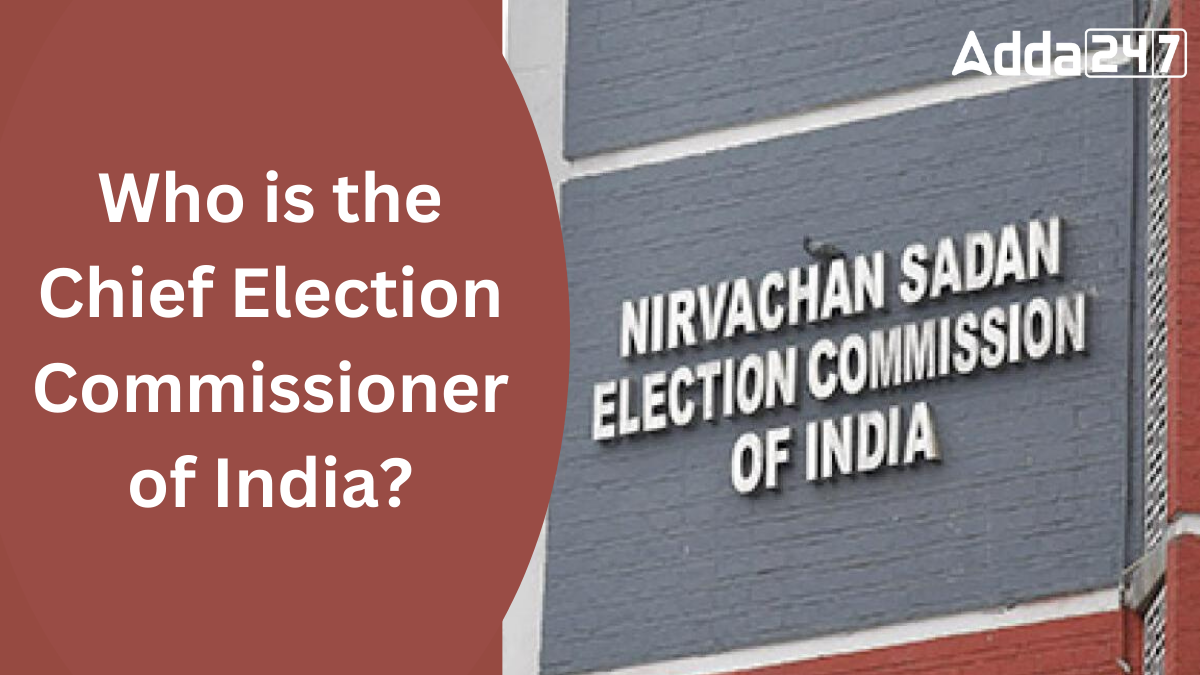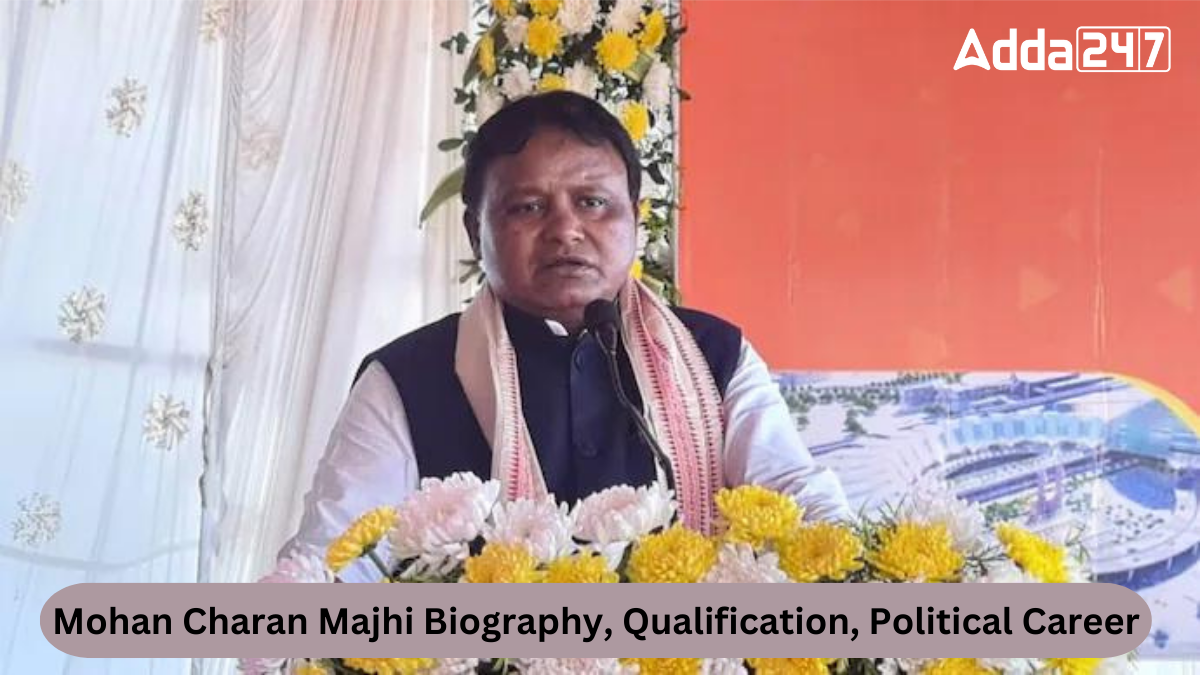In the vibrant democracy of India, the conduct of elections stands as a cornerstone of the nation’s democratic fabric. At the helm of this monumental task is the Chief Election Commissioner (CEC) and the Election Commission of India, entrusted with the responsibility of ensuring free, fair, and transparent elections across the country. Let’s delve deeper into their roles, duties, powers, and significance.
Who is the Chief Election Commissioner of India?
The Chief Election Commissioner (CEC) of India is the head of the Election Commission, responsible for overseeing the conduct of elections in the country. The CEC ensures impartiality, transparency, and fairness in the electoral process, upholding the democratic principles of India. Appointed through constitutional provisions, the CEC holds a pivotal role in safeguarding the integrity of elections and ensuring the democratic rights of citizens are protected.
Appointment of the Chief Election Commissioner of India
The appointment of the Chief Election Commissioner is governed by the Constitution of India. The President of India, upon the recommendation of the Prime Minister and in consultation with the Leader of the Opposition in the Lok Sabha, appoints the Chief Election Commissioner.
Tenure of the Chief Election Commissioner of India
The Chief Election Commissioner serves for a fixed term of six years, or until they attain the age of 65, whichever comes first. During their tenure, they hold office with independence and autonomy, free from external influences or pressures.
Salary of Chief Election Commissioner
The Chief Election Commissioner (CEC) and Election Commissioners receive a salary equivalent to that of Supreme Court judges, currently standing at Rs 350,000 per month. Additionally, they enjoy benefits including three Leave Travel Concessions annually for themselves, spouses, and dependent family members. Moreover, they are entitled to a monthly sumptuary allowance of Rs 34,000, which is tax-exempted, as per the Election Commission (Conditions of Service of Election Commissioners and Transaction of Business) Act, 1991.
Primary Duties of the Chief Election Commissioner of India
The Election Commission of India shoulders the crucial responsibility of conducting elections in the nation. From presidential and vice-presidential elections to national and state legislatures, most polls fall under its purview. Here are the core duties of the Election Commission:
- Ensuring no discrimination or biases during elections.
- Conducting elections with complete transparency, keeping citizens informed.
- Preventing manipulation or partisanship during the electoral process.
- Compiling and maintaining the list of eligible voters.
- Supervising the nomination of candidates and the registration of political parties.
- Monitoring election campaigns to curb misconduct or false practices.
- Facilitating media coverage of elections.
- Overseeing the counting of votes and declaring election results.
- Enforcing all election commission rules to uphold fairness and integrity.
Powers of the Chief Election Commissioner
The Chief Election Commissioner wields significant powers to fulfill the duties entrusted upon the Election Commission. Some of these powers include:
- Determining electoral constituencies’ territories as per the Delimitation Commission Act.
- Preparing and revising electoral rolls, managing voter registration.
- Notifying election dates and schedules, overseeing the electoral process.
- Granting recognition to political parties, assigning election symbols.
- Appointing officers to handle election-related disputes.
- Formulating a code of conduct for political parties and candidates.
- Developing programs to publicize political parties’ policies during elections.
- Advising the President on the disqualification of MPs and MLAs.
- Requesting the appointment of necessary staff for conducting elections.
Importance of the Election Commission and the CEC
The Election Commission, under the guidance of the Chief Election Commissioner, holds immense importance in India’s democratic framework:
- It ensures fair, transparent, and credible elections, maintaining professionalism.
- Upholds discipline within political parties, safeguarding inner-party democracy.
- Describes the voting procedure on polling days, ensuring smooth conduct.
- Takes care of all political parties and stakeholders, fostering a democratic environment.
In essence, the Chief Election Commissioner and the Election Commission of India stand as pillars of democracy, ensuring the electoral process remains a beacon of integrity and fairness in the nation’s democratic journey.











